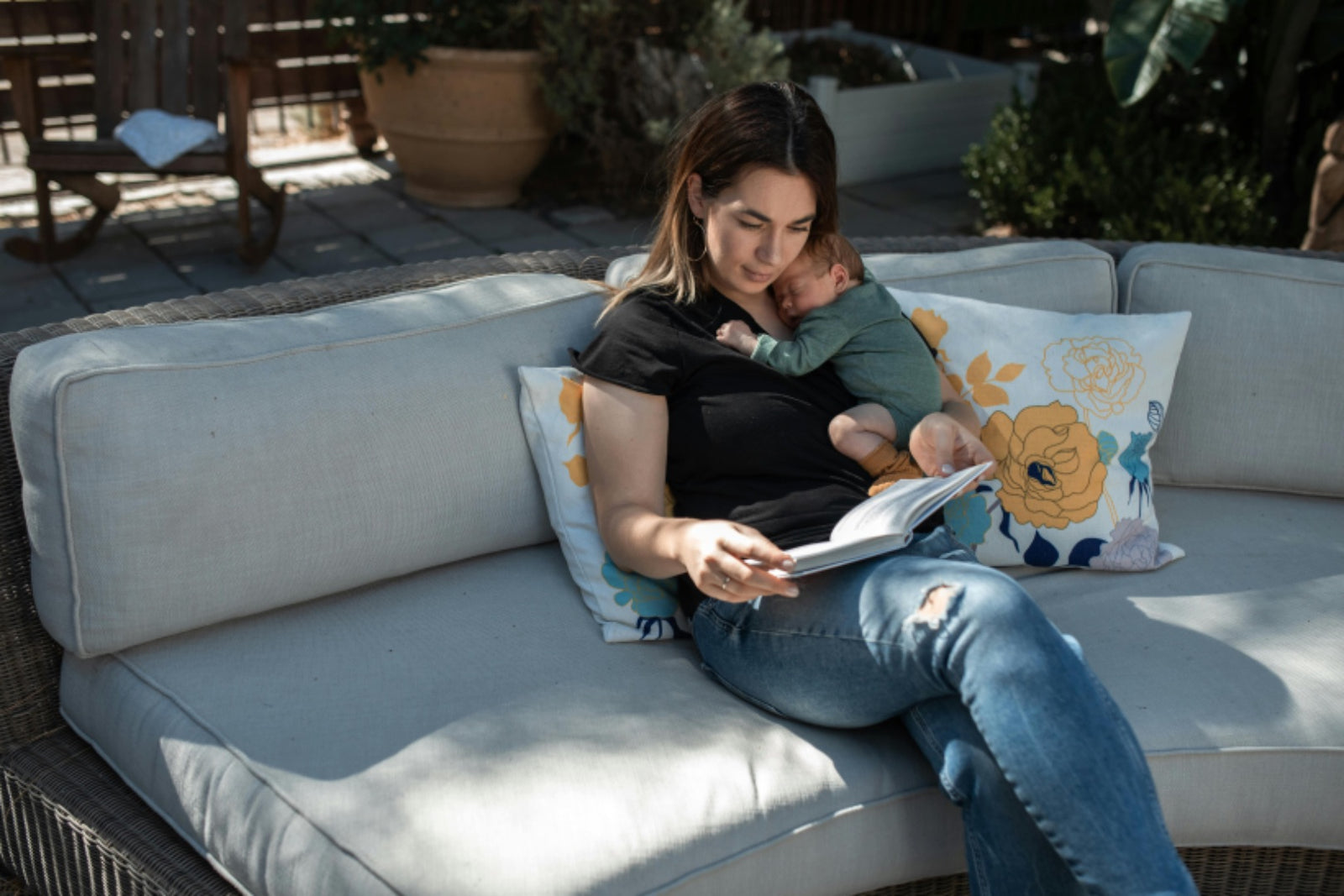Your Cart is Empty
Continue shoppingHow Parents Can Help Minimize Psychology Impact of Encopresis
Medically Reviewed by May Zhu, RDN | Published March 28, 2024
share this article

Encopresis, a condition characterized by involuntary bowel movements in kids who are past the age of toilet training, can have significant psychological impacts on both the kid and the family. Let’s review some tips on how parents can help minimize the psychological impact of encopresis on their little one:
Open Communication
Create a safe and supportive environment where your kiddo feels comfortable discussing their feelings and experiences related to encopresis. Encourage open communication without judgment, and validate your kid’s emotions to help them feel understood and supported.
Leading with Empathy
Educate yourself and your kid about encopresis, including its causes, symptoms, and treatment options. Understanding the condition can help alleviate feelings of shame, embarrassment, and frustration, both for you and your little one.
Positive Reinforcement
Focus on praising your kiddo for their efforts and progress, rather than getting upset about accidents or setbacks. Celebrate small victories and milestones along the journey to overcoming encopresis, reinforcing your kiddo’s confidence and self-esteem.
Establish a Routine
Establishing a regular bowel routine, including scheduled toilet times and opportunities for relaxation and privacy, can help manage symptoms of encopresis and reduce anxiety surrounding bowel movements.
Daily reads to help your little ones lead happier and healthier lives.
Buy Now
Join the
Happy Gut Club
Summary
Encopresis can have a significant psychological impact on kids and their families, but with the right support and strategies, parents can help minimize the emotional toll. By fostering open communication, educating themselves and their little, providing positive reinforcement, establishing routines, and seeking professional support, parents can better support their kiddo’s journey to a healthier gut.











